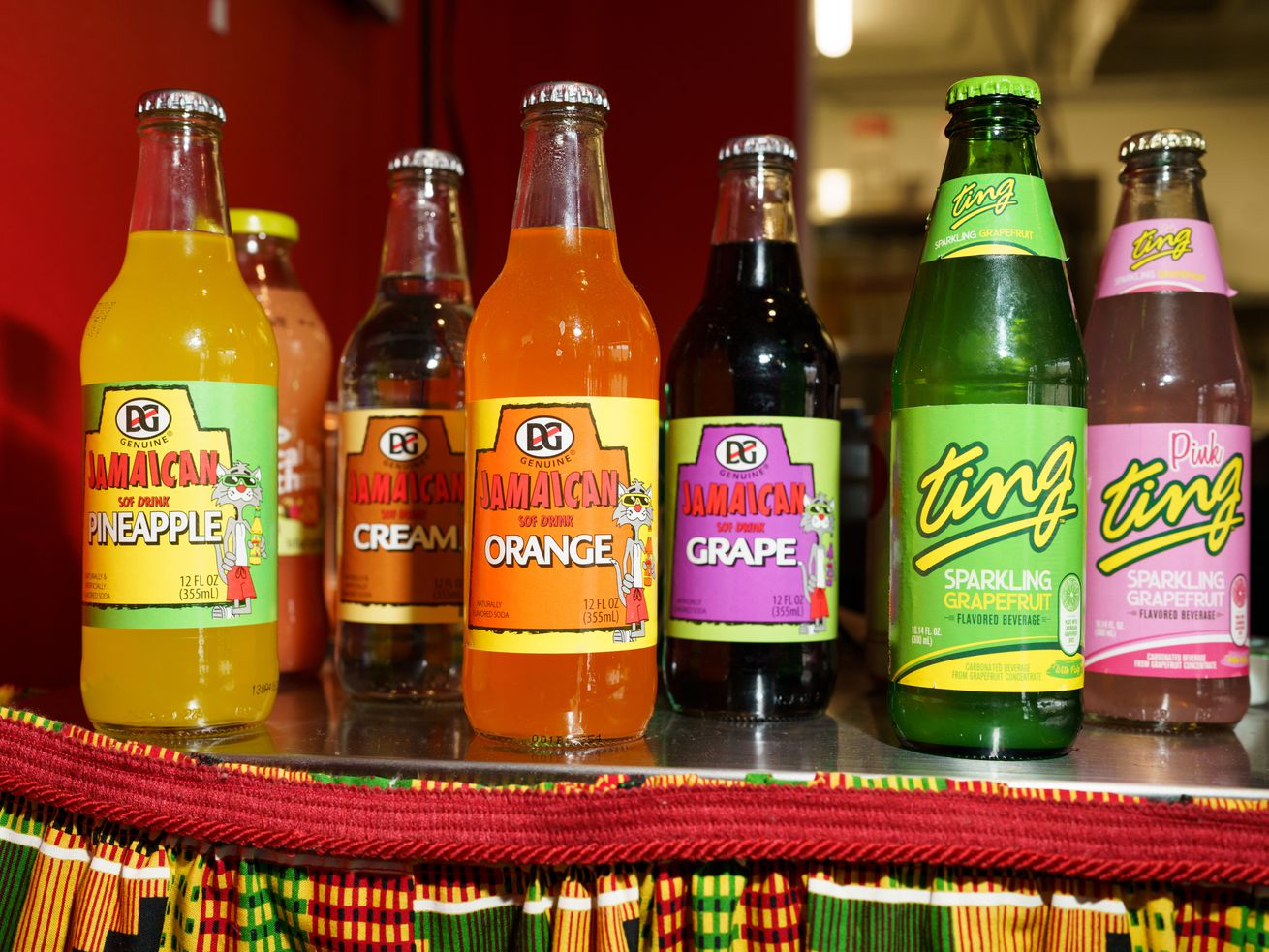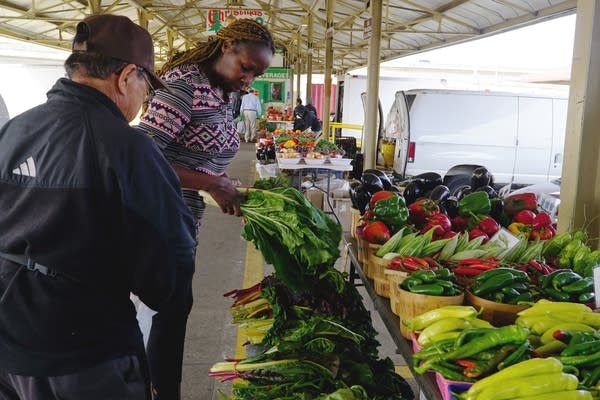
Twin Cities Food Writers’ Biggest Hopes for Restaurants in 2024
January 1, 2024Child care gaps in rural America threaten to undercut small communities
January 2, 2024The idea for an urban agriculture conference grew out of tours Minnesota Farm Bureau board members took over the past couple of years, visiting with urban ag producers in the Twin Cities.
Communications Director Rachel Reisig received a $50,000 USDA grant to host a conference and started the planning process by meeting with about 30 groups in Minneapolis and St. Paul.
“We didn’t want to come in and say ‘Farm Bureau is here to help urban agriculturists and we have all the answers,’” said Reisig.
From those listening sessions, three key issues emerged.
“There was land access, water access and water usage and technical assistance for grants,” said Reisig. “So that's what the conference is really going to be centered around.”
The Minnesota Farm Bureau organized in 1919 and has long been a voice for farmers across the state. The organization wants to dispel the perception they only represent large farmers growing traditional crops such as corn and soybeans, said Reisig.
“We’re hoping this opens some doors and creates some spaces, and that we can continue to build on these relationships and continue to grow and make sure the voice of all of agriculture in Minnesota is heard,” she said.
This conference will focus on urban agriculture in Minneapolis and St. Paul, but Reisig said MFB plans to expand outreach to urban producers in St. Cloud, Duluth and other parts of the state.
Minnesota Department of Agriculture assistant commissioner Patrice Bailey is scheduled to be one of the speakers at the Jan. 13 conference.
Bailey manages MDA programs for emerging and beginning farmers.
“There is a pretty large focus on trying to get urban and rural to actually come together as one to be able to work together,” he said.
Bailey said land and finances are often barriers to urban farmers, and some are moving to rural areas in search of land.
A new state program to help emerging farmers make a down payment on land has been very popular. Demand was so high the legislature increased funding for additional grants.
Bailey said he encourages urban farmers to get involved in ag advocacy groups.
“Whether it's Farm Bureau, or whether it's Minnesota farmers union, corn growers, or soybean growers, you can increase that platform for networking, but you also can can start to address the barriers internally,” he said.
The engagement with urban ag groups is reflected in legislative priorities for the Minnesota Farm Bureau, said Reisig.
“One of our priority issues this year is to actually focus on changing the definition of a beginning and emerging farmer to help get more access and spread more dollars to a more diverse and broad group,” she said.
Reisig said the organization sees the urban ag conference as a first step in building deeper connections across rural and urban agriculture.





